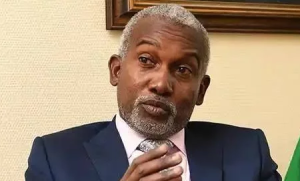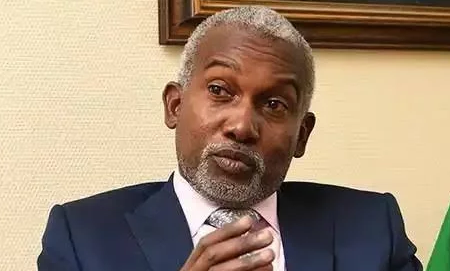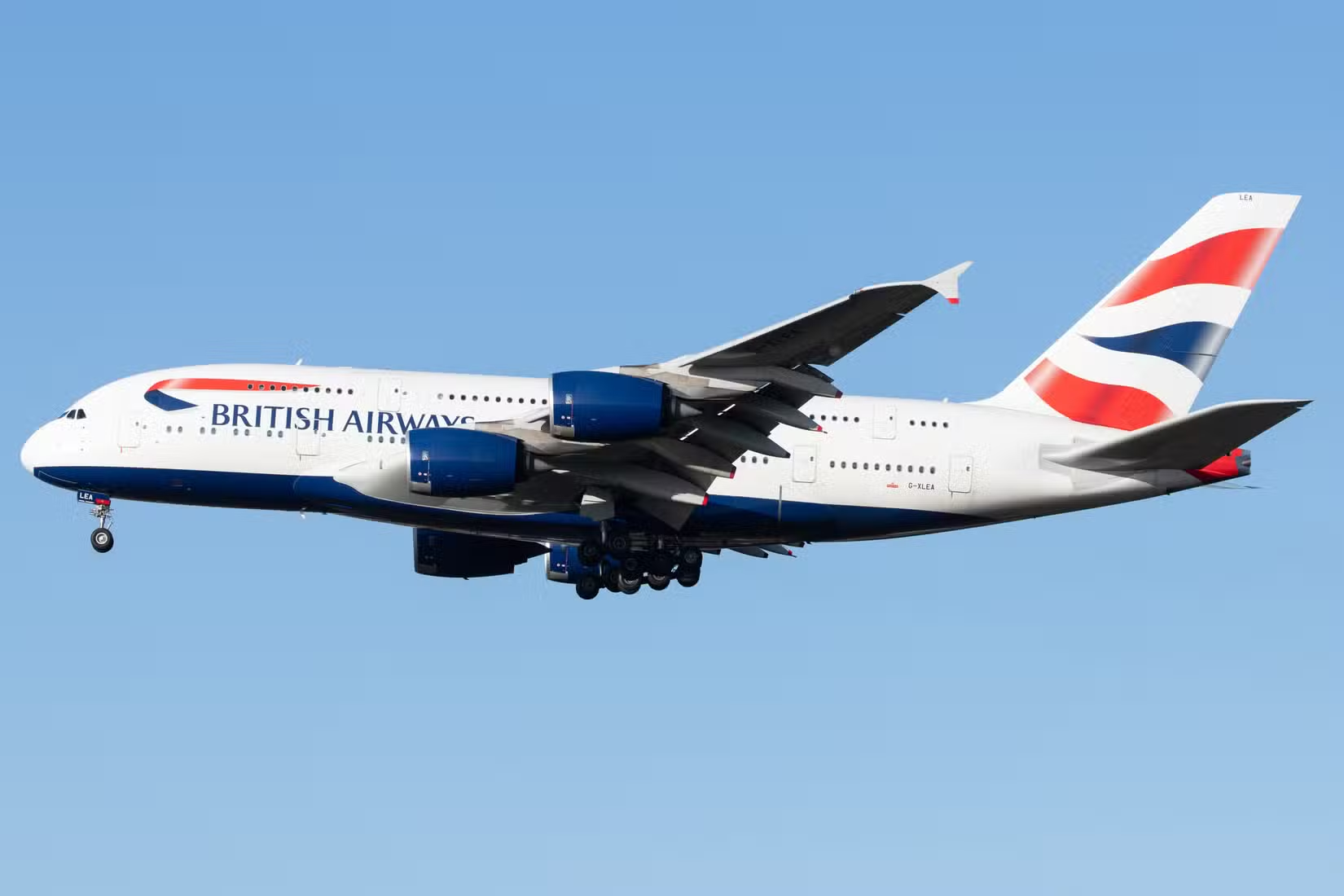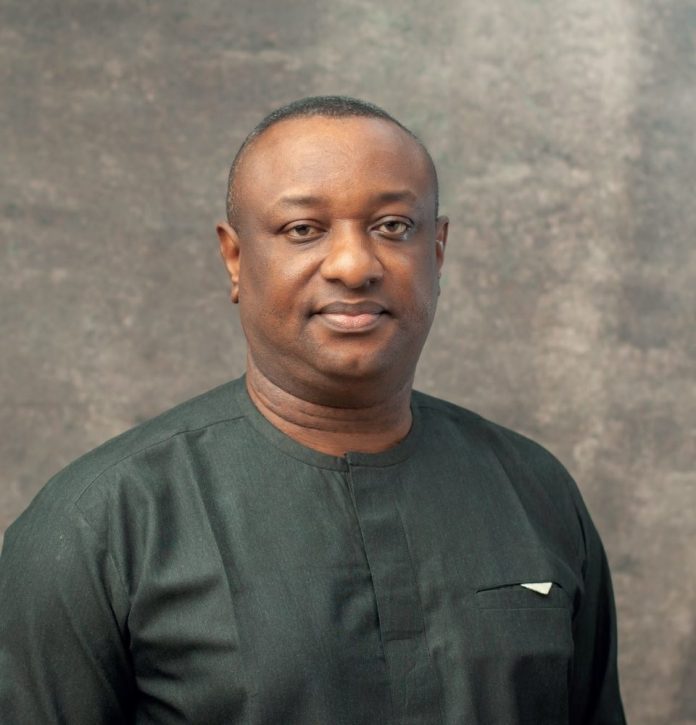
The harsh visa policies against Nigerian travelers, introduced recently by the United States (US) and the United Arab Emirates (UAE), have continued to raise concerns among Nigerian government and her travelling citizens.
There are fears that Nigeria, a major power in Africa, is slowly becoming sidelined, as the United Stated and the United Arab Emirates (UAE) introduced stricter visa policies against Nigerian travellers.
Travel experts posit that this may be a prologue to other diplomatic hostilities that may arise; unless Nigeria rises to the occasion, adopting defiance and reciprocity to counter their antagonism.
The United States Department of State on Tuesday announced an update to its non-immigrant visa policy for Nigerian citizens. According to a press release issued by the US Embassy in Abuja, most non-immigrant and non-diplomatic visas issued to citizens of Nigeria will be single-entry visas with a three-month validity period and the new visa restrictions take immediate effect. However, the embassy clarified that “those US non-immigrant visas issued before July 8, 2025, will retain their status and validity.”
The statement explained that the move was part of the Department’s global visa reciprocity process, which the embassy described as continuous and is subject to review and change at any time, such as increasing or decreasing permitted entries and duration of validity. It also explained the rationale behind the policy update, noting that “US visa criteria and standards are designed to protect the integrity of US immigration systems; “adding that these standards are based on global technical and security benchmarks.
On the same Tuesday, the United Arab Emirates in a surprise move introduced stricter visa rules for Nigerian travellers to further reduce the number of Nigerian passport holders that come to their country.
According to the new visa policy, Nigerian travellers between the ages of 18 and 45 are no longer eligible to apply for tourist visas unless accompanied by a sponsor or unless they meet newly defined conditions.
In addition, transit visa applications by Nigerian nationals have been suspended entirely, effectively barring stopovers in the UAE for onward travel.
Individuals above 45 years applying for a tourist visa must now present a personal bank statement for the past six months, showing a minimum monthly balance of $10,000 or its naira equivalent.
In addition, all travellers to the UAE are required to show proof of hotel reservations and sufficient funds (5,000 dirhams) to cover their stay.
This new round of visa restrictions for Nigerian nationals, introduced less than a year after both countries resolved a long-standing diplomatic rift over visa issuance, indicates that UAE may have foreclosed the assumption that Nigeria is a target market for tourism.
According to updates issued to travel agents, the new rules also impose stringent financial requirements on applicants above 45 years. Individuals in this category must now submit a personal six-month bank statement showing a minimum monthly balance of $10,000 (or its naira equivalent) before their visa application will be considered.
These changes come despite the UAE lifting a two-year visa ban on Nigerians in 2023. The Emirati authorities have instructed applicants and agents to comply with the updated guidelines, including the submission of existing supporting documents such as hotel bookings and passport biodata pages.
Relating to this, Canada has introduced a new visa policy. Foreign nationals hoping to migrate to Canada through the Express Entry system will now be required to show a higher minimum amount of funds to qualify, following a recent update by Immigration, Refugees and Citizenship Canada (IRCC).
According to the new guidelines, effective July 7, 2025, a single applicant must now demonstrate access to at least CAD $15,263 (about N17 million), up from the previous requirement of CAD $14,690. For a family of two, the minimum required funds rise to CAD $19,001 (N21.2m)
This adjustment in the financial threshold comes as part of the IRCC’s annual review of settlement fund requirements, which are based on 50% of the low-income cut-off totals determined by Statistics Canada.
The funds are intended to show that applicants can support themselves—and their families—after arrival in Canada.
Applicants must provide official letters from financial institutions where they hold accounts, printed on the bank’s letterhead. If applying with a spouse, funds held in joint accounts can be combined.
To remain eligible in the Express Entry pool, candidates must update their proof of funds in their profile no later than July 28, 2025. However, this update does not change the date and time the profile was originally submitted, meaning candidates won’t lose their place in tie-breaker scenarios.
Proof of funds is a critical requirement under both the Federal Skilled Worker Program and the Federal Skilled Trades Program. It is not required if you are applying under the Canadian Experience Class, or if you’re already authorized to work in Canada and hold a valid job offer—even under the other Express Entry streams.
Although Canada did not introduce this policy specifically for Nigerians but many Nigerians are currently processing visa to travel to Canada as migrants.
Reacting to this worrying development, a retired Deputy Comptroller of Immigration told THISDAY that what the US did is a serious let down on Nigeria.
However, he admitted that the visa policy is reciprocity because that is what Nigeria gives to the US citizens who visit the country.
“I thought that the five years they were giving us was to encourage us as a developing nation. They don’t owe us any apology. Before now they were giving us two years and later five years. Three months single entry. That is what Nigeria gives them,” the former Immigration top official said.
He acknowledged that it would reduce the number of Nigerians who travel to the US and also affect the number of passengers airlifted by US carriers that operate to Nigeria, United Airlines and Delta Air Lines.
“And they will be monitoring you to make sure you leave at the expiration of the visa. I don’t know why Trump did this. Canada gives two years, five years and 10 years, according to the validity of your passports. But Europe through Schengen gives two weeks, three weeks; but UK gives six months, after that they give you two years and after that they give you five years and subsequently 10 years, if you meet their requirements. This is going to be hard on Nigerians,” he said.
However, he said that Nigeria can open diplomatic channels to discuss this and make negotiations, remarking that this is akin to partial ban.
“This is a smokescreen to partial ban. This is the worst period in the Nigeria-US relations in terms of bilateral relationship. Why descend too low from five years. To even get a date for the visa interview is very difficult. When they give it to you, you will have to leave immediately before the visa time will elapse. It is very difficult,” he said.
However, THISDAY learnt from inside US embassy source that US took this action in response to Nigeria’s policy of giving US citizens three months, singe entry visa, thus confirming what the retired senior Immigration official said.
According to the inside source, US citizens and the Israeli counterparts who come to Nigeria to promote education and related causes usually receive three months single entry visa from the federal government and when they complained, Immigration officials would tell them to come to the airport when the visa expires and they would extend it for them.
“It is those US citizens and Israelis that complained to Trump and he responded with the three months single entry visa. If Nigeria begins to give US citizens five years visa, in the next 90 days, US will revert and issue Nigerians five years visa. This is reciprocity,” the source said.






